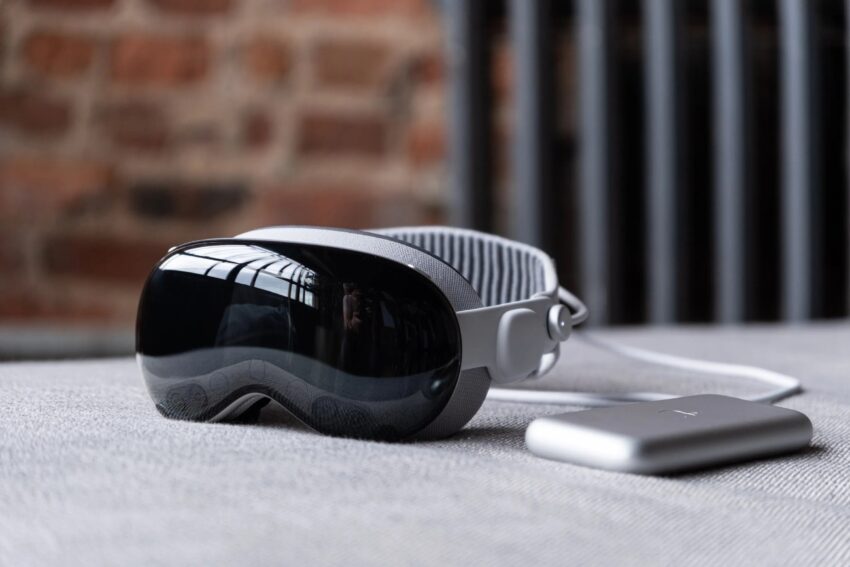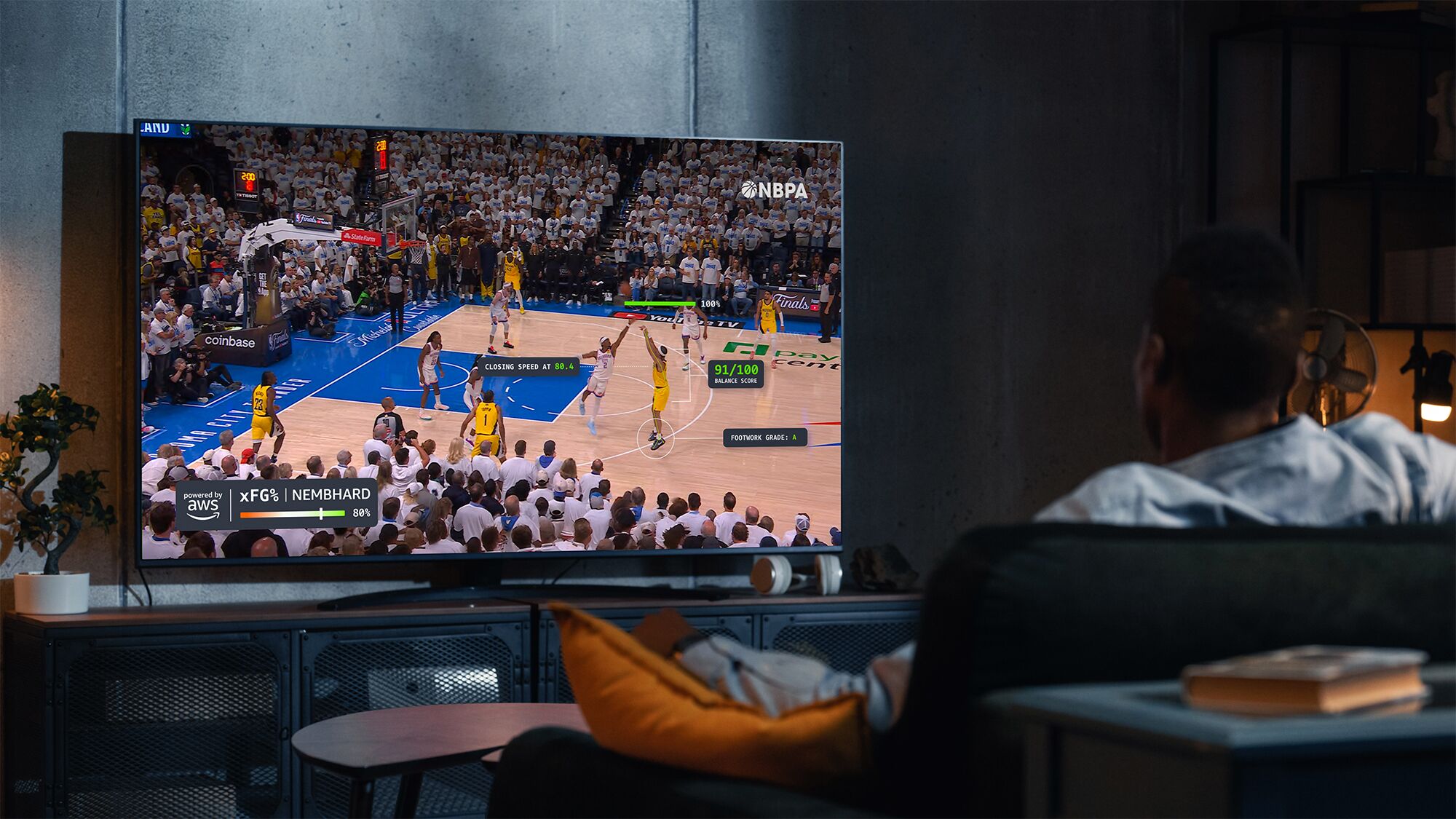
apple sidelines lighter vision pro to prioritize Apple is shifting its focus towards the development of smart glasses, sidelining plans for a lighter version of its Vision Pro headset.
apple sidelines lighter vision pro to prioritize
Apple’s Strategic Shift Towards Smart Glasses
According to a recent report by Bloomberg, Apple is accelerating its efforts to create smart glasses that will compete with similar products from companies like Meta. This decision comes as Apple has decided to halt plans for a lighter version of its Vision Pro headset, which was initially slated for a 2027 release. Instead, the company is reportedly working on at least two different versions of smart glasses, one of which may be unveiled next year and launched by 2027.
Details on the Upcoming Smart Glasses
Apple’s forthcoming smart glasses are expected to feature a range of capabilities similar to those found in Meta’s offerings, including partnerships with brands like Ray-Ban and Oakley. The glasses will reportedly include:
- Integrated speakers
- Cameras for capturing images and video
- Multiple style options to cater to different consumer preferences
- Heavy reliance on voice interaction and artificial intelligence for user interface
Bloomberg notes that the version of the glasses equipped with a display could directly compete with Meta’s Ray-Ban Display glasses, which feature a display integrated into the right lens. This competitive landscape suggests that Apple is keen on not just entering the smart glasses market but also positioning itself as a formidable player against established competitors.
Development Timeline and Future Plans
Apple’s plans for smart glasses include two distinct versions:
- A pair without a display, expected to be revealed next year and launched by 2027.
- A pair with a display, originally planned for a 2028 release, which Apple is now aiming to accelerate development on.
The decision to expedite the development of these smart glasses indicates Apple’s commitment to entering the market sooner rather than later. However, this also means that Apple will be entering a competitive landscape that is already populated by products from Meta and other tech companies.
Competitive Landscape: Meta’s Advancements
As Apple gears up for its entry into the smart glasses market, it faces significant competition from Meta, which has recently announced several new products in this space. Meta’s latest offerings include:
- A second-generation version of the Ray-Ban Meta glasses, which boast improved battery life and are currently available for purchase.
- A new pair of Oakley-branded glasses designed specifically for athletes, set to launch this month.
- The Meta Ray-Ban Display glasses, which have received positive reviews, including one from The Verge’s Victoria Song, who described them as the best smart glasses she has ever tried.
Meta’s advancements in smart glasses technology highlight the challenges Apple will face as it attempts to carve out its own niche in this burgeoning market. With Meta already establishing a foothold, Apple will need to differentiate its products significantly to attract consumers.
Technological Innovations and Features
Apple is reportedly developing a custom chip specifically designed for its smart glasses, which could enhance performance and user experience. This move aligns with Apple’s history of creating proprietary hardware to optimize the functionality of its devices. The integration of voice interaction and AI will likely play a crucial role in how users engage with the glasses, making them more intuitive and user-friendly.
As the smart glasses market evolves, features such as augmented reality (AR) capabilities, health monitoring, and seamless integration with other Apple devices could be potential selling points. These innovations could help Apple stand out in a crowded marketplace.
Impact on Vision Pro Headset Plans
In light of this strategic pivot, Apple has reportedly scaled back its production plans for the original Vision Pro headset. Initially rumored to launch a lighter version in 2027, the company has informed staff that resources are being redirected from the headset project to focus on the development of smart glasses. This shift raises questions about the future of the Vision Pro line.
Current Status of Vision Pro
Despite the scaling back of the lighter Vision Pro headset, regulatory filings have indicated that a new version of the original headset is in the works. Bloomberg has referred to this upcoming version as a “modest refresh,” which could potentially launch as early as the end of this year. This suggests that while Apple is prioritizing smart glasses, it has not entirely abandoned its plans for the Vision Pro headset.
Stakeholder Reactions and Market Implications
The decision to prioritize smart glasses over the Vision Pro headset has elicited mixed reactions from stakeholders. Investors may view this shift as a strategic move to capture a growing market, especially as consumer interest in wearable technology continues to rise. On the other hand, some analysts have expressed concerns about Apple’s ability to compete effectively against established players like Meta, particularly given the latter’s recent advancements in smart glasses technology.
Moreover, the implications of this shift extend beyond just product development. Apple’s focus on smart glasses could signal a broader trend in the tech industry, where augmented reality and wearable technology are becoming increasingly important. As companies invest in these areas, the competition is likely to intensify, leading to rapid advancements in technology and features.
Conclusion: A New Chapter for Apple
Apple’s decision to accelerate the development of smart glasses while sidelining plans for a lighter Vision Pro headset marks a significant shift in its product strategy. As the company aims to enter a competitive market dominated by Meta and other players, it will need to leverage its strengths in design, technology, and user experience to differentiate its offerings.
The upcoming smart glasses could potentially redefine how consumers interact with technology, especially if Apple successfully integrates advanced features like AI and voice interaction. However, the road ahead is fraught with challenges, and Apple’s ability to navigate this landscape will be crucial for its success in the wearable technology market.
Source: Original report
Was this helpful?
Last Modified: October 2, 2025 at 3:38 am
0 views















